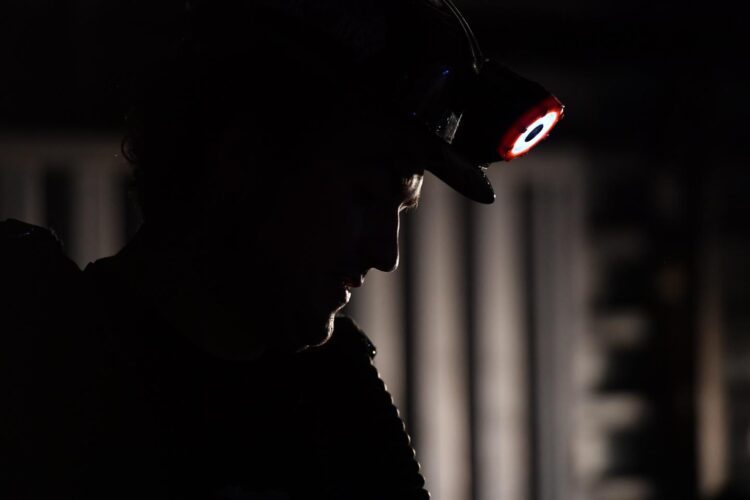
Credit: West Virginia University
Artificial intelligence can do more than recommend a song or suggest what to write in an email. It might even be able to predict outcomes in COVID-19 patients.
Larissa Casaburi, a researcher in the West Virginia University School of Medicine, is using artificial intelligence to study how being a coal miner affects COVID-19 outcomes. She’s also investigating the ways smoking, vaping and having a chronic lung condition influence how COVID-19 patients fare.
“One of the features of machine learning is that it can develop personalized predictive models,” said Casaburi, an associate professor of radiology. “It’s precise medicine. It’s a novel approach to improve patients’ care, and there’s a lot of research interest in it.”
Using demographic and health data associated with COVID-19 patients in West Virginia, Casaburi and her colleagues will build a machine learning model that predicts the patients’ outcomes based on multiple variables. They will draw this data from the WVU COVID-19 registry.
“The artificial intelligence will make the analysis more accurate than traditional statistical models,” she said.
The model–produced by SporeData, a partner in the project–will consider whether patients have asthma, chronic obstructive pulmonary disease or other lung conditions. It will appraise CT scans of their lungs. And it will take into account whether they have chronic lung disease, whether they smoke or vape, whether they have worked in a coal mine and other factors.
The West Virginia Clinical and Translational Science Institute has funded the $30,000 project.
“West Virginia is uniquely positioned to test our hypothesis, mainly because of the high percentage of smokers here,” Casaburi said. “Approximately 25 percent of the population has a history of smoking.”
According to the Centers for Disease Control and Prevention, West Virginia is tied with Maine for the highest prevalence of asthma. COPD is also prevalent in the state. In 2011, the CDC reported that 8.9 percent of West Virginians had been diagnosed with the disease.
But “one of the most important parts of this project is the large population of coal miners” in West Virginia, Casaburi said. According to the Energy Information Administration, West Virginia was the largest employer of coal workers in 2016.
The model could help doctors individualize care for COVID-19 patients, rather than taking a one-size-fits-all approach.
Research reported in this publication was supported by the West Virginia Clinical and Translational Science Institute. WVCTSI is funded by an IDeA Clinical and Translational grant from the National Institute of General Medical Sciences, under Award Number U54GM104942, to support the mission of building clinical and translational research infrastructure and capacity to impact health disparities in West Virginia. The content is solely the responsibility of the authors and does not necessarily represent the official views of CTSI.
###
Media Contact
Cassie Thomas
[email protected]
Original Source
https:/





